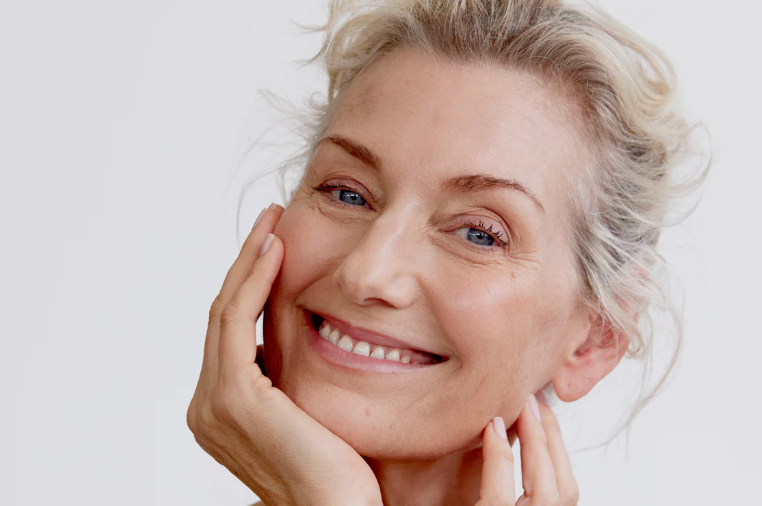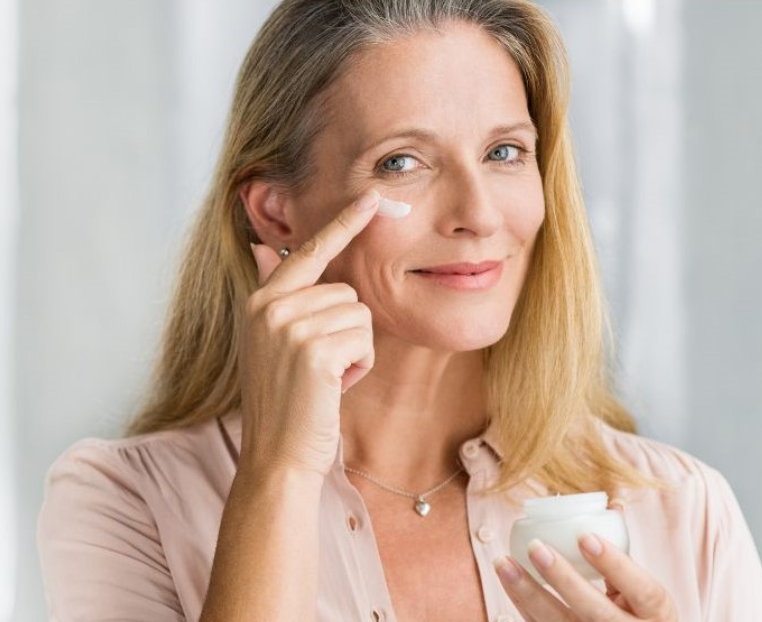
Aging is a natural process, and our skin is one of the first places where its effects become visible. While genetics play a significant role in determining how our skin ages, environmental factors and lifestyle choices also influence the process. Understanding how genetics impact wrinkles, elasticity, and overall skin health can help women take proactive steps to maintain youthful, radiant skin.
How Genetics Influence Skin Aging
1. Skin Type and Texture
- Genetics determine whether you have oily, dry, combination, or sensitive skin, which influences how your skin reacts to aging.
- People with drier skin may experience fine lines earlier, while those with oily skin may have a natural protective barrier that slows wrinkle formation.
2. Collagen and Elasticity
- The production of collagen and elastin (proteins responsible for skin firmness) is largely inherited.
- If your parents developed sagging skin or wrinkles at an early age, you may be more prone to similar patterns.
3. Hyperpigmentation and Uneven Skin Tone
- Genetic predisposition to sunspots, melasma, or uneven pigmentation can cause certain skin types to age differently.
- Some individuals naturally produce more melanin, offering some protection against sun damage, while others may develop pigmentation issues more easily.
4. Rate of Cellular Repair
- Some people’s skin cells regenerate faster due to genetics, leading to slower visible aging.
- Others may experience slower skin renewal, causing dullness and a decrease in elasticity over time.
How to Slow Down Genetic Skin Aging

While you can’t change your genes, lifestyle and skincare choices can help delay the signs of aging and keep skin healthy for longer.
1. Protect Your Skin from UV Damage
- Sunscreen is non-negotiable. UV exposure accelerates aging, regardless of genetic factors.
- Use a broad-spectrum SPF 30 or higher daily, even on cloudy days.
- Wear protective clothing, sunglasses, and wide-brimmed hats for extra protection.
2. Prioritize Hydration
- Well-hydrated skin appears plumper and smoother, reducing the appearance of fine lines.
- Use hyaluronic acid-based serums to lock in moisture.
- Drink plenty of water and eat water-rich foods like cucumber, watermelon, and leafy greens.
3. Adopt an Anti-Aging Skincare Routine
- Retinoids and Retinol – Boost collagen production and reduce fine lines.
- Vitamin C – A powerful antioxidant that brightens skin and fights free radicals.
- Peptides – Help stimulate collagen production for firmer, more elastic skin.
- Exfoliation – Use gentle chemical exfoliants like AHAs and BHAs to promote cell turnover.
4. Maintain a Healthy Diet
- Consume antioxidant-rich foods like berries, nuts, and dark leafy greens to combat oxidative stress.
- Healthy fats from sources like avocados, salmon, and olive oil help maintain skin elasticity.
- Reduce sugar and processed foods, which contribute to collagen breakdown.
5. Reduce Stress and Prioritize Sleep
Practice relaxation techniques like meditation, yoga, and deep breathing to support overall skin health.ion trends with classic staples that represent your personal style.
Chronic stress increases cortisol levels, which speeds up aging.
Prioritize 7-9 hours of quality sleep, as this is when the skin repairs and regenerates.

Final Thoughts
While genetics play a role in how quickly and visibly our skin ages, lifestyle habits and skincare routines can help slow the process and keep skin looking vibrant. By protecting against external damage, maintaining hydration, and using the right skincare ingredients, women can take control of their skin’s aging journey and enhance long-term skin health.
Disclaimer: The information provided in this article is for educational and informational purposes only and is not intended as a substitute for professional medical advice, diagnosis, or treatment.

















